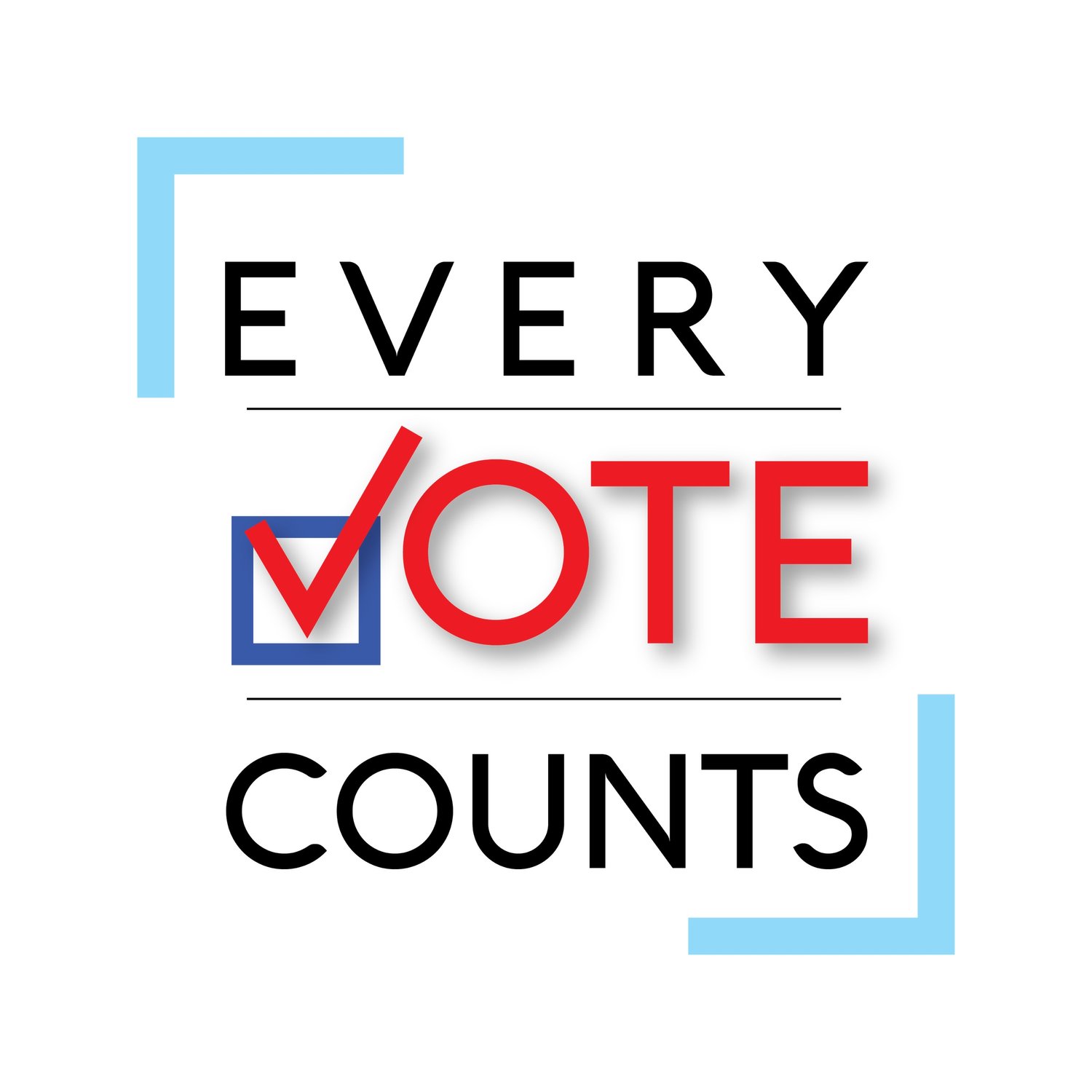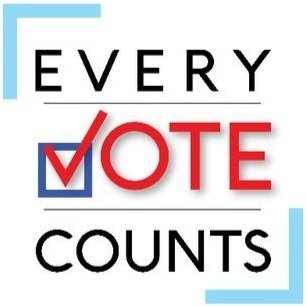Jumpstarting Our Chapter With Time Off To Vote
How Getting UVM Signed on to EVC's Time Off to Vote Letter Helped Our Chapter Get a Footing on Campus.
By James Tedesco
Starting an EVC chapter has certainly brought unique challenges. On the one hand, breaking the threshold between not existing and having the first semblance of campus presence was difficult. However, it has to be said that these challenges diminish quickly by inviting collaboration with friends from class, attending the meetings of other civic-minded clubs, and setting achievable, non-zero goals. For me, despite having garnered interest from other students in political science courses, I was having trouble converting this willpower potential into a coordinated effort.
It was at this juncture that EVC’s Time Off To Vote letter facilitated a concrete objective for our budding chapter at the University of Vermont. Narrowing the scope of EVC’s many overarching goals, it created an outside objective we could clearly focus on. What’s more, gaining our student government’s endorsement of the TOTV letter inherently called us to engage with pre-existing campus organizations, connecting us with their resources and knowledge. At UVM, this looked like sitting down with members from different Student Government Association (SGA) committees and fleshing out how we could present the letter during the next Senate convening. One fringe benefit we experienced from these early meetings was the post-meeting discussions about what our broader campus goals looked like. Originally, I’d believed the gritty work of voter registration was paramount, but after one particular meeting with a member of the Committee on Student Action and Well-Being, I realized we’d probably register more people and curate more engagement by leading with the banner of a novel project. Trying to shake the lackluster bureaucracy of the voter registration process, we talked about packaging it with campus-specific initiatives as simple as individual signatures on the TOTV letter or as challenging as lowering the voting age for municipal elections.
After the bill relating to the letter had been drafted by our Committee on Community and Legislative Affairs and was introduced as new business, I was asked to present before a SGA session. Rather than bounding ahead to introduce the letter, I began by talking about EVC’s goals in the abstract, breaking down the three pillars of registration, reform, and education. Expounding from there, I shared data regarding the tangible impacts other EVC chapters had brought to their campus communities around the country, and finally, concluded by summarizing the impacts we were looking to gain from the SGA’s signature today. After presenting, there was an inquiry period, but everyone in the chamber appeared very receptive to what they’d heard. There was one question which I was having trouble understanding, but by sharing the stage with an SGA member, they were able to fill the gaps between our different understandings. A very reasonable point of clarification, the question had been about whether the TOTV letter was exclusively seeking student approval or also that of university officials. Once understanding that, I emphasized EVC’s role as being student centered, organized, and interested in student-based action.
Through that single session, without contention, we received the sign-off from UVM’s student body representatives while also affording our chapter important visibility and recognition. Because of the cooperation up to and including that Senate session, we’ve certainly spring-boarded ahead, with the future of our chapter looking bright.

